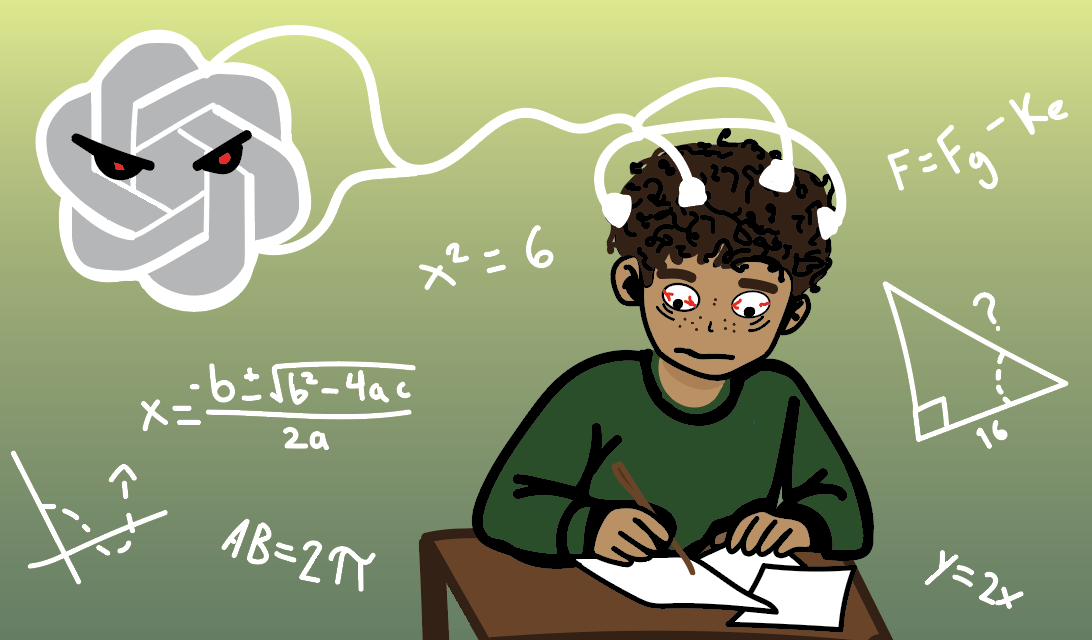Most high school students know the experience of walking into an unpleasant school bathroom, thick with clouds of smoke and its overpowering odor. Despite a new policy in place to deter vaping, it seems the number of times I’ve been in this situation has only increased. The other day, the line of students passing vapes between each other made it practically impossible for people to actually access the restroom.
While I agree that this issue needs to be addressed, I believe there’s a better way to do so than the current approach. A new law states that “all e-cigarettes (THC or tobacco) are prohibited at or near public schools and events;” this includes vapes. ‘
Therefore, if students are found vaping, the policy would be to remove them from school to attend a 20-day disciplinary alternative education program where they would participate in more isolated and corrective instruction.
In my opinion, this solution is plainly ineffective. Based on personal experience, the amount of students vaping hasn’t decreased significantly. In addition, no high school student deserves to suffer the effects of addiction at such a young age. Vaping causes countless health-related issues, physically and mentally, and students who are struggling with addiction deserve more than to be chastised for it.
From my perspective, the current policy in place would actually do more harm than good to the students it affects.
Many students who vape likely do so because of factors that take a toll on their mental health. These factors may include stressors such as anxiety. If a student were forced to attend this 20-day course, away from their friends, and everyday routines, it’s likely this would only make their mental health deteriorate. This doesn’t actually take into account what resources the student might need to combat their addiction.
Because of the way this policy neglects to consider the main factor that drives this issue, it won’t attain its goal of decreasing the number of students vaping on campus. What is deterring students from going back to school and falling into the same routine?
There needs to be more focus on providing assistance to students who are struggling. This would more effectively discourage them from vaping rather than punishing them for it, serving as a more impactful and long-term deterrent, rather than just sweeping the problem under the rug.
While some people may believe that high school students are at an age where they should be held accountable for all of their decisions, it’s important to remember that our brains are still going through some of the most significant stages of development.
Furthermore, when dealing with a concept as serious as addiction, it’s important to note that the person struggling will not benefit from being shamed or made to feel guilty. They may have decided to participate in the first place because they felt it was their only option at the time.
I believe that a better solution to this ongoing issue would be to have mental health and substance use resources on campus that are available to students who would like to quit vaping. This would actually combat the prevalent issue of vaping on campus as it wouldn’t only temporarily remove students participating, rather it could reduce the number of students who vape substantially by addressing the root of the problem.
Reducing vaping on campus is a significant issue in the hands of the administration. Those enforcing this policy are posed with an option: either turn their back on the detrimental effects vaping has on the Bowie community or provide options that actually take into account students’ needs and prove that each and everyone matters to this campus.









